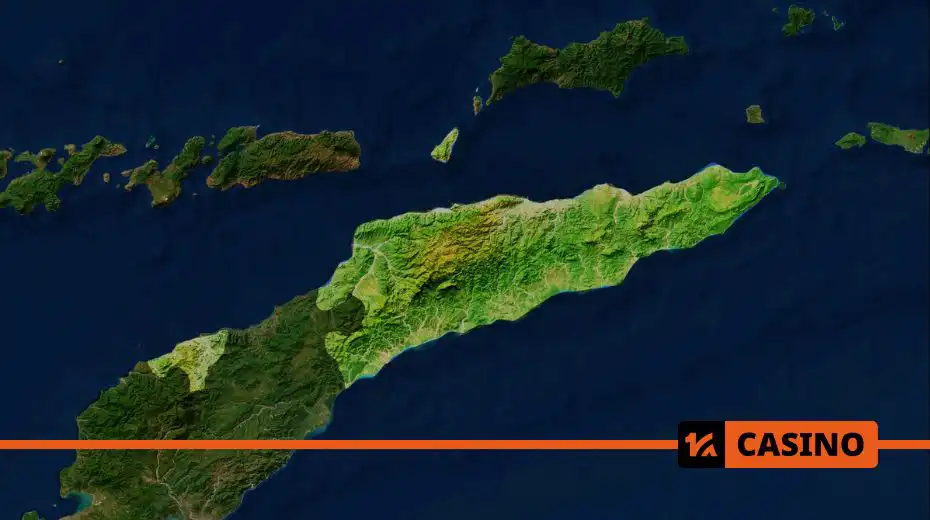The First Casino Resort in Timor-Leste: A Step Towards Economic Growth or a Social Challenge?
The government of Timor-Leste is actively seeking ways to reduce its dependence on petroleum revenues, as the World Bank warns of economic sustainability risks due to excessive government spending and low returns from the country’s petroleum fund.
The launch of a casino could help diversify the economy by creating:
- New jobs in the hospitality, gaming, and banking sectors.
- An influx of tourists willing to spend money in the country.
- Additional tax revenue for the national budget.
Timor-Leste’s Vice Prime Minister Francisco Kalbuadi Lay stated that the government sees this project as an opportunity to attract foreign investment and strengthen the tourism sector.
However, it is essential to consider the long-term consequences: How will the gambling industry impact the national economy in 5–10 years? Will it become a growth driver or amplify social problems?

Social Risks: A Casino for Tourists or for Locals?
President José Ramos-Horta has previously criticized land-based casinos, fearing their impact on low-income communities:
“I don’t want poor Timorese people to lose everything in gambling, sometimes with tragic consequences,” he stated in 2024.
However, he was open to developing online gambling targeted at foreign players.
To avoid social issues, the government might impose restrictions on local residents’ access to casinos, following the examples of Singapore and Cambodia. This would help minimize gambling addiction risks among the population while still attracting foreign customers.
Some experts also highlight the importance of introducing responsible gaming programs, offering support to those struggling with gambling addiction.
Moreover, authorities may require casino operators to allocate part of their profits to social projects, such as supporting education, healthcare, and small businesses, helping to balance potential negative consequences.
The Competitiveness of the New Casino Resort
Although Timor-Leste remains a little-known tourist destination, the country has several advantages over regional competitors:
- Unspoiled nature – beaches, diving spots, and unique ecosystems.
- Cultural heritage – Portuguese influence and local traditions.
- Strategic location – between Australia and Indonesia, major tourist markets.
However, competition with casinos in Macau, Singapore, and the Philippines will require a well-developed marketing strategy. APS plans to actively promote local attractions, such as Mount Matebian and maritime activities, which could increase the region’s appeal.

The Project’s Future and Possible Risks
The APS project could bring economic benefits to the country, but its success will depend on several factors:
- Regulation: Strict government oversight.
- Attracting tourists: A strong marketing campaign is needed.
- Infrastructure readiness: Transport, hotels, and services must be in place.
- Social responsibility: Measures to protect the local population from potential gambling-related risks.
Another crucial factor is that the agreement allows either party to terminate the contract with a 30-day notice, making the project relatively unstable.
If the government and investors can overcome these challenges, Timor-Leste could establish itself as a new gambling destination in Southeast Asia, attracting international tourists, boosting economic growth, and creating new jobs. However, achieving this will require a well-planned strategy to mitigate potential social issues and ensure that the gambling sector develops in a sustainable and responsible manner.
A critical question remains public opinion. Will the local population support this initiative? Will measures be implemented to protect vulnerable citizens from gambling-related harm? These factors will determine whether the casino resort becomes a catalyst for growth or presents new challenges for the nation.
Source: iGaming Business



Comments
No comments yet